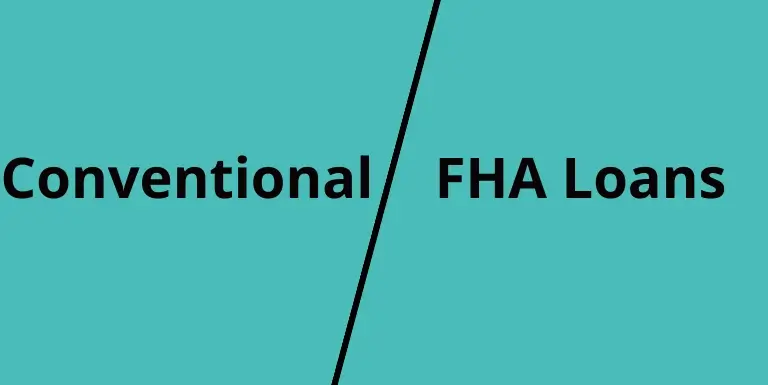Difference Between a Conventional and FHA Loan : When it comes to home loan application, you will need to understand the difference between conventional and FHA loans.
Doing so can help you save time and money in trying to apply for a home mortgage which you might not be qualified for.
There are a few other types of home mortgages to choose from in the United States. However, conventional and FHA loans are the ones mostly applied for.
Aside from they also vary when it comes to the qualifications involved for the application.
What is Conventional Loan
A conventional loan is a type of mortgage insured by private companies. This type of loan adheres to the guidelines set by the Federal National Mortgage Association (or Fannie Mae) and the Federal Home Loan Mortgage Corporation (or Freddie Mac).
It is not a federally insured load so the lender basically has no guarantee if ever the borrower defaults in his payments.
The conventional loan takes up most of the mortgage field. About 35% to 50% of mortgages are said to be conventional mortgages.
If you apply for a conventional loan, you must prepare yourself for more strict credit and income requirements.
A credit score below 520 will disqualify you for the mortgage. In the cases of bankruptcy, you will have to wait for 2 to 4 years (or more) before you can qualify.
This is to add to the lender’s own security due to the absence of government insurance.

What is FHA Loan
Meanwhile, the FHA loan is a government-backed mortgage. FHA stands for Federal Housing Administration.
With this type of loan, loans are insured within certain parameters and through certain lenders only.
Hence, lenders can stay calm and confident even if the borrower defaults. These lenders have an assurance from the federal government.
On the other hand, if you apply for an FHA loan, you need to have a credit score of 620 in order to automatically qualify.
And as opposed to a conventional loan, a score below 620 will not disqualify you immediately.
Since they are backed by the government, lenders for FHA loans are not really that stringent on their credit and income requirements.
You can still qualify for the mortgage after one year of Chapter 13 bankruptcy, two years of Chapter 7 bankruptcy, and even three years of foreclosure.
Difference Between a Conventional and FHA Loan
There is also a great deal of difference between a conventional and FHA loan when it comes to the required down payment for the mortgage.
These down payments vary from lender to lender and based on the property subject. A conventional loan usually requires high down payments ranging from 10% to 30% of the actual purchase price.
Meanwhile, an FHA loan demands affordable down payments typically ranging only from 3% to 5% of the purchase price.